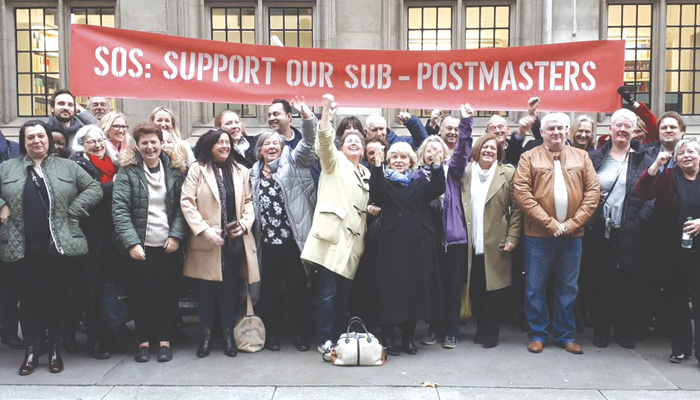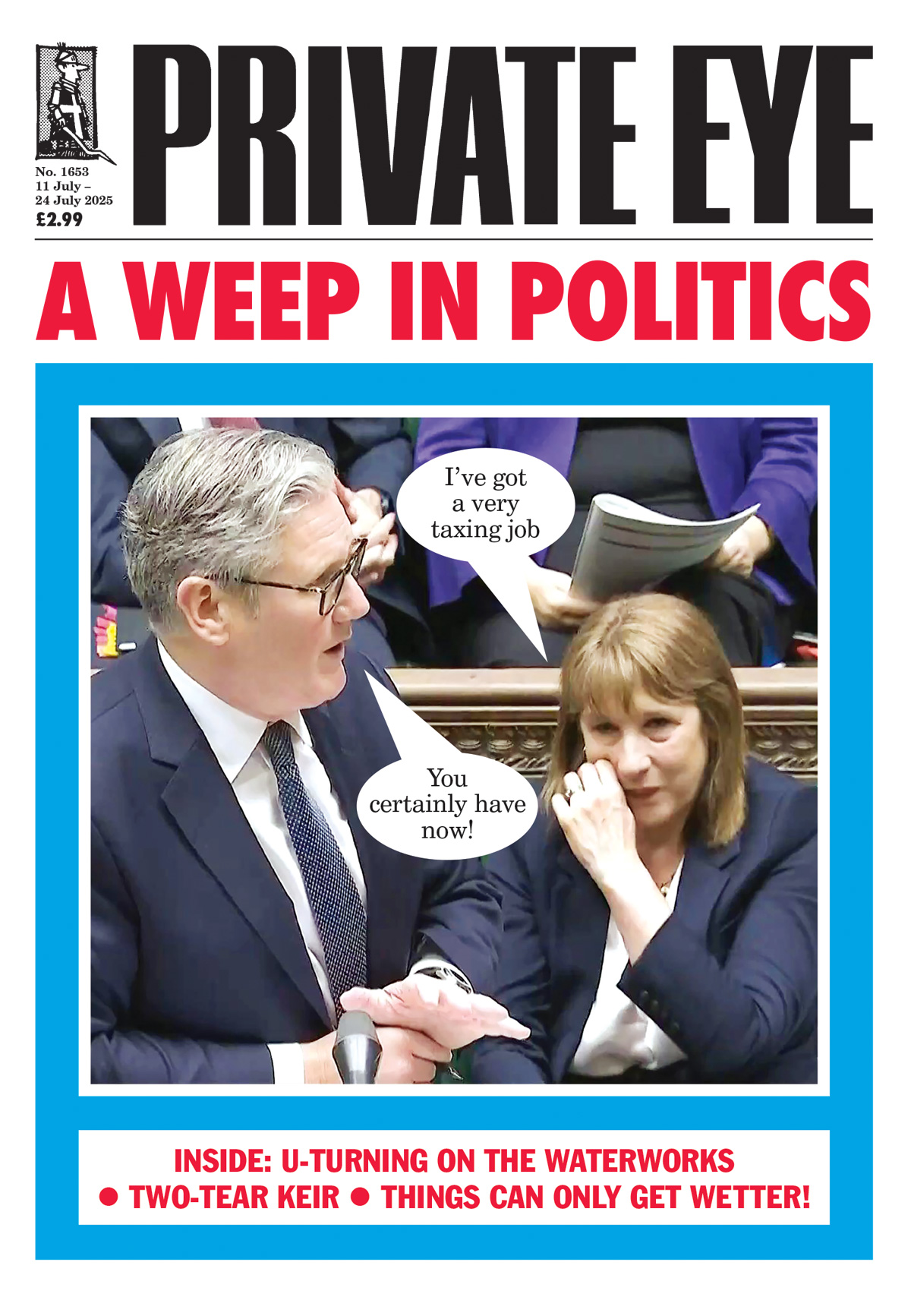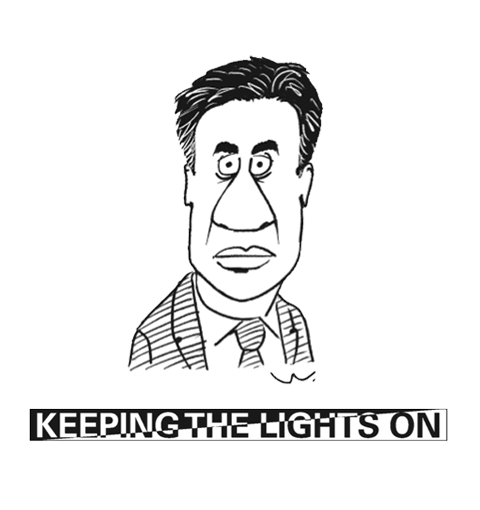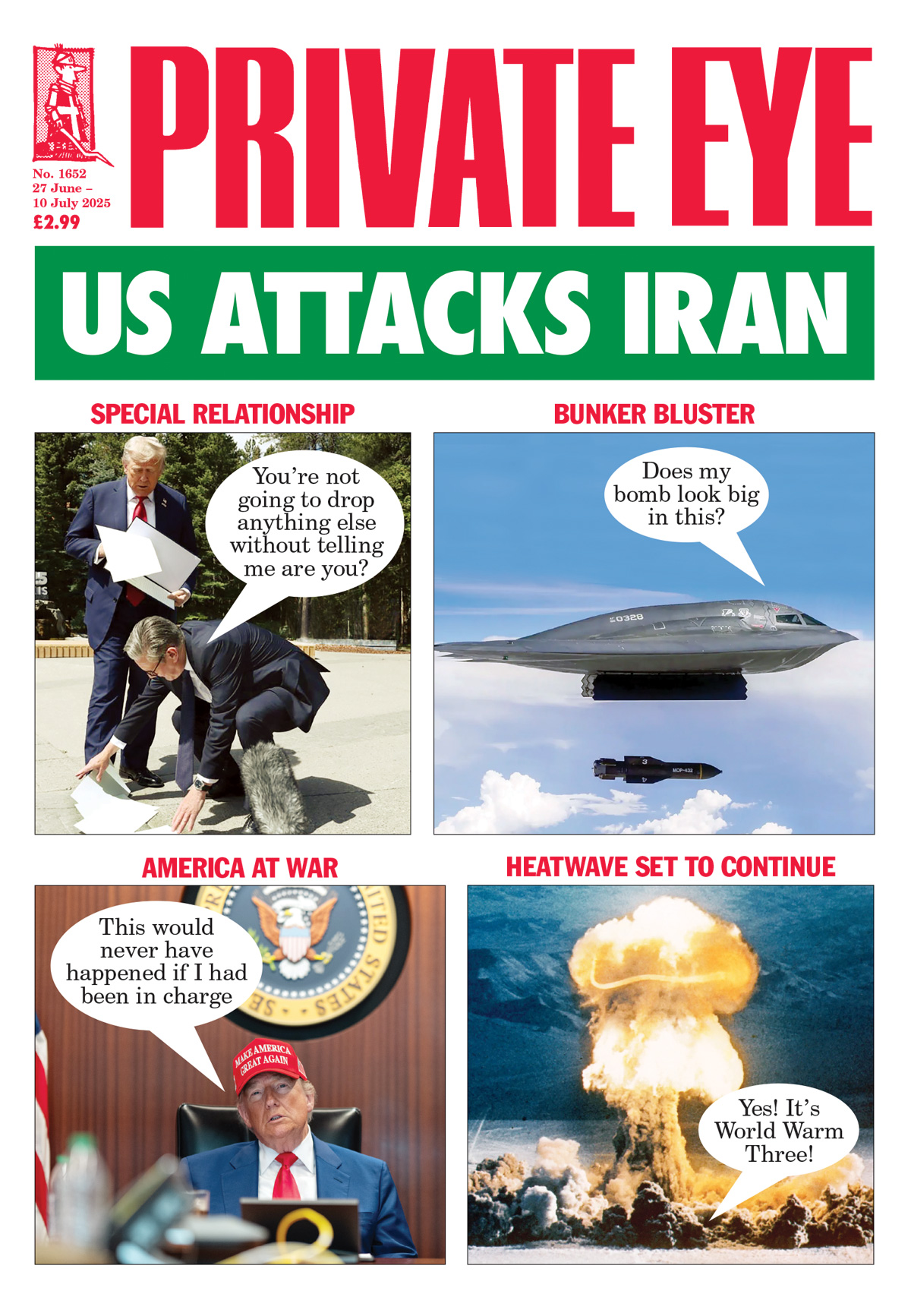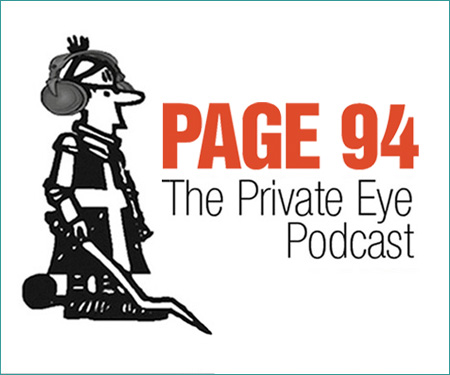Issue 1653

With M.D.: "Cheshire police have arrested and bailed three former senior managers at the Countess of Chester hospital. Any manslaughter charges could relate to not stopping the convicted baby killer Lucy Letby sooner, or not downgrading the struggling neonatal unit sooner, which, had it been in Canada, 'would have been shut down', according to defence expert Dr Shoo Lee. Letby may face further charges too. But what about the doctors?…"

With Bio-Waste Spreader: "The trade deal to cut beef import tariffs between the US and UK came into effect at the beginning of July. But how quickly will UK beef farmers start to feel the negative impact of this agreement (and similar post-Brexit trade deals with other countries) and do they deserve our sympathy?…"
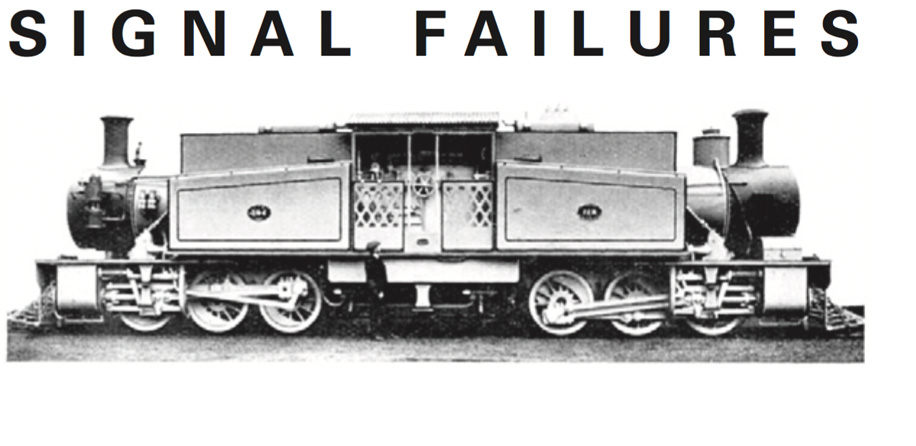
With Dr B Ching: "The rail ticketing system has reached such complexity that it's even taxing the brains of legal experts. Fragmenting and privatising the network allowed profit-hungry train firms to invent tickets and rules, and to choose how to enforce the rules using 1889 legislation or various byelaws. Inconsistencies worsened after 2016 when the government's single justice procedure allowed train firms to avoid court hearings by taking cases to a single magistrate, often in defendants' absence…"

With Remote Controller: "With the clicks and buzz that the Somerset music mudbath has achieved in recent years, the BBC might, as recently as late June, have been regretting that 2026 will be a fallow year, for the farm fields to heal. Now there will only be relief – this year's Glastonbury may join Margaret Thatcher, the Hutton Inquiry, Lord McAlpine, Boris Johnson and Martin Bashir in having caused the downfall of the most senior BBC leaders…"

With Old Sparky: "Preliminary findings on April's catastrophic Iberian electricity blackout have been released by three separate Spanish authorities – and vested interests all interpret them in ways that blame someone else. A supposedly less partisan international investigation is pending, but what are the lessons for the security of the British grid?..."

With Lunchtime O'Boulez: "Czech conductor Jakub Hru?s?a, who moves officially into the Royal Opera House next month as its new music director, is courting controversy by opening his first season with the soprano Anna Netrebko. The Russian performer was quietly dropped from her last scheduled appearance at the ROH in 2022 – as indeed she was by many of the world's leading houses – after appearing too supportive of Vladimir Putin's invasion of Ukraine. Despite since condemning it, the widespread ban remains…"

With Slicker: "Ban Palestine Action. Prosecute its spray-painting activists and investigate rapper Bob Vylan. But no similar rush to judgement by the Labour government over the continued death, destruction and starvation in Gaza exemplified by last week's obliteration of the al-Baqa cafe, its staff and customers. Talks on a free trade agreement have been suspended and two ultra-right wing Israeli government ministers sanctioned; but the UK- Israel Trade & Partnership agreement continues unrestricted…"

Letter from Harare
From Our Own Correspondent: "Navigating Harare's northern suburbs, you might be impressed by the proliferation of shopping malls, fuel stations and luxury housing. But the malls are empty, the fuel stations are money-laundering operations, and the flats don't sell. The latest iteration of our currency (our sixth in 20 years) is the 2024 ZiG – 'Zimbabwe Gold', and theoretically backed by gold reserves, but currently devaluing as fast as our gold is smuggled to Dubai in ruling ZANU party suitcases…"




